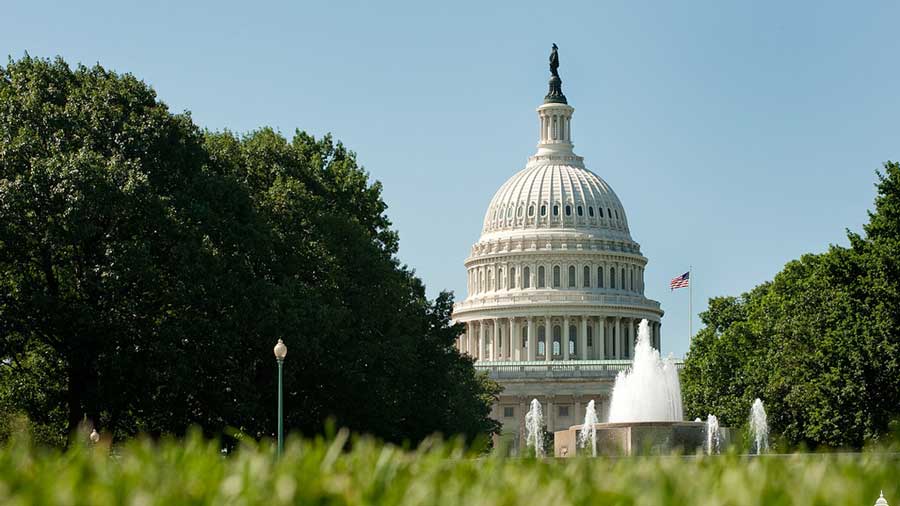Comprehensive House Privacy Bill Introduced

The smarter way to stay on top of broadcasting and cable industry. Sign up below
You are now subscribed
Your newsletter sign-up was successful
A pair of House Democrats have introduced a bill, H.H. 4978, the Online Privacy Act, that would create a privacy bill of rights and a new government agency to enforce those rights.
Among those rights are the so-called "right to be forgotten," the right to no sharing of personal data without opt-in consent, and the right not to have data used to discriminate in violation of civil rights.
Related: Dems Call for Privacy Bill of Rights
Legislators from both sides of the aisle have said comprehensive privacy legislation is a good idea, though agreeing on what should be covered and how it will be enforced are thorny issues.
The new bill would give online users the rights to:
- "access, correct, delete, and transfer data about them;
- "request a human review of impactful automated decisions;
- "opt-in consent for using data for machine learning/A.I. algorithms;
- "be informed if a covered entity has collected your information; and
- "choose for how long their data can be kept."
The bill has a carveout for journalists, who would get to use and disclose personal information in the course of investigative journalism.
The bill also "criminalizes doxxing; limits companies from using data to build behavioral profiles without consent; exempts small businesses from the most onerous requirements; prohibits the sale of government records with personal data without consent; and creates an Open Source Machine Learning
The smarter way to stay on top of broadcasting and cable industry. Sign up below
Training Data Grant Program.
“With the Online Privacy Act in the House, we now have major comprehensive privacy bills in both chambers that include much-needed protections against discrimination in economic opportunities," said Free Press Action senior policy counsel Gaurav Laroia. "We thank Representatives Eshoo and Lofgren for introducing this important legislation. Sen. Ed Markey (D-Mass.) has long proposed a Privacy Bill of Rights with many similar provisions, most recently this past April."
Back in 2012, The Obama Administration backed a privacy Bill of Rights but it did not get much traction on Capitol Hill.
The timing may be better this time around what with the general push from both political sides for some kind of privacy middle ground that protects consumers and politicians and everyone else from having their data manipulated or their identities stolen, or from being played by foreign powers.
The political will seems to be there for some kind of legislation that would give online users--which is most people--more control over data and a better sense of how it is being used and monetized. One byproduct could well be having to pay for some of the information that has been free given that the sharing of data for targeted advertising underpins the free content model online.
Contributing editor John Eggerton has been an editor and/or writer on media regulation, legislation and policy for over four decades, including covering the FCC, FTC, Congress, the major media trade associations, and the federal courts. In addition to Multichannel News and Broadcasting + Cable, his work has appeared in Radio World, TV Technology, TV Fax, This Week in Consumer Electronics, Variety and the Encyclopedia Britannica.

